Best Seasons for Foundation Repairs
Foundation repairs are most effective when performed during specific weather conditions and seasons. Optimal timing ensures that the soil remains stable and prevents further movement or damage. Typically, mild and dry weather conditions are ideal for foundation work, reducing the risk of moisture-related issues during repairs.
Spring offers moderate temperatures and manageable moisture levels, making it suitable for foundation repairs. However, heavy rains can sometimes delay work.
Summer provides longer daylight hours and warmer weather, but extreme heat and dry conditions can cause soil shrinkage, complicating repairs.
Fall typically brings cooler temperatures and stable soil conditions, making it a good time for foundation work before winter.
Cold and freezing temperatures can hinder repair activities and cause soil movement, making winter less suitable for foundation repairs.
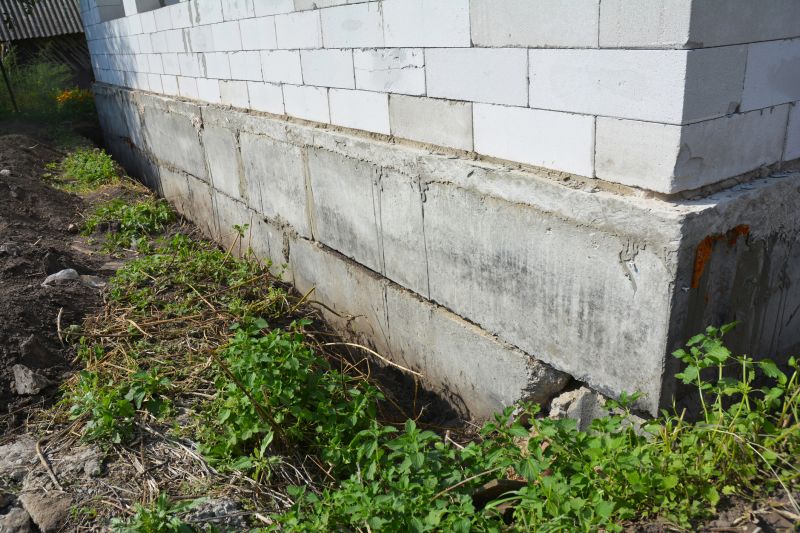
Image depicting foundation stabilization techniques.
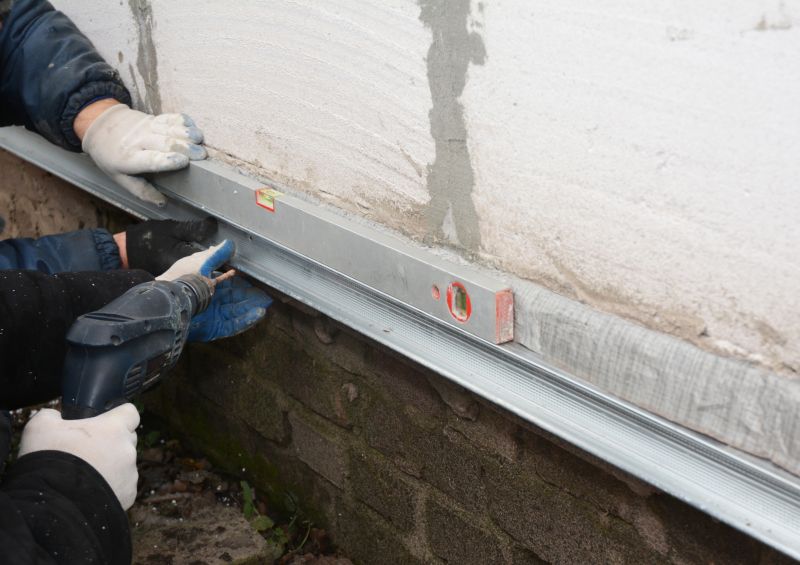
Image showing soil testing and preparation for repairs.
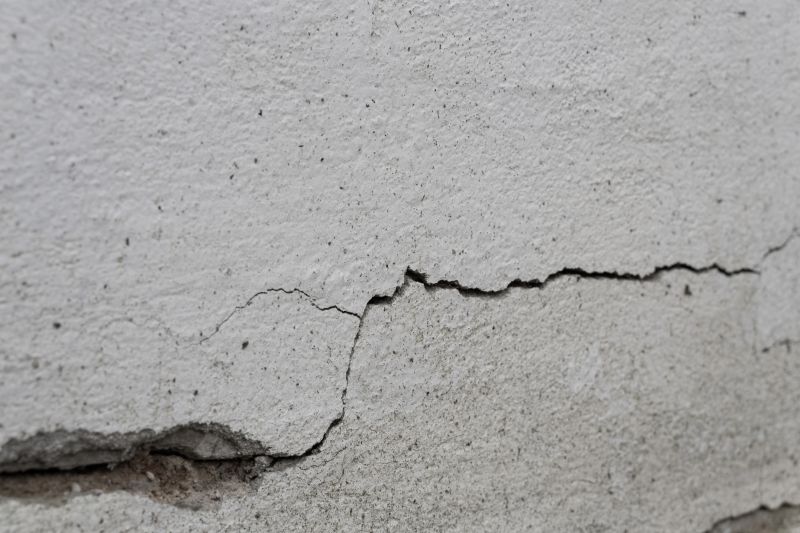
Image illustrating common foundation damage signs.
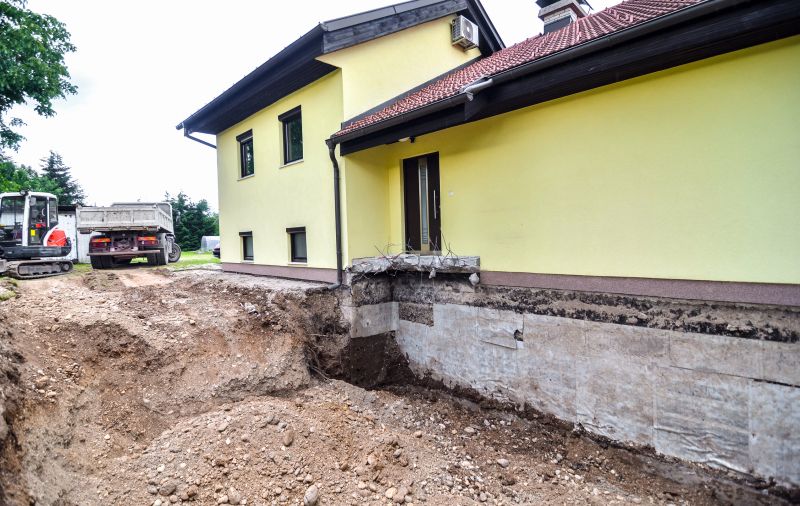
Image of tools and machinery used in foundation repair.
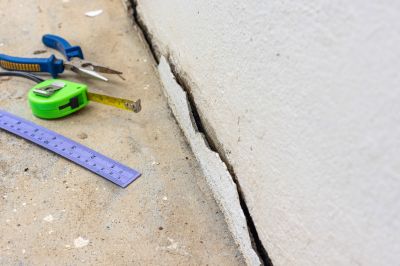
Ways to make Foundation Repairs work in tight or awkward layouts.
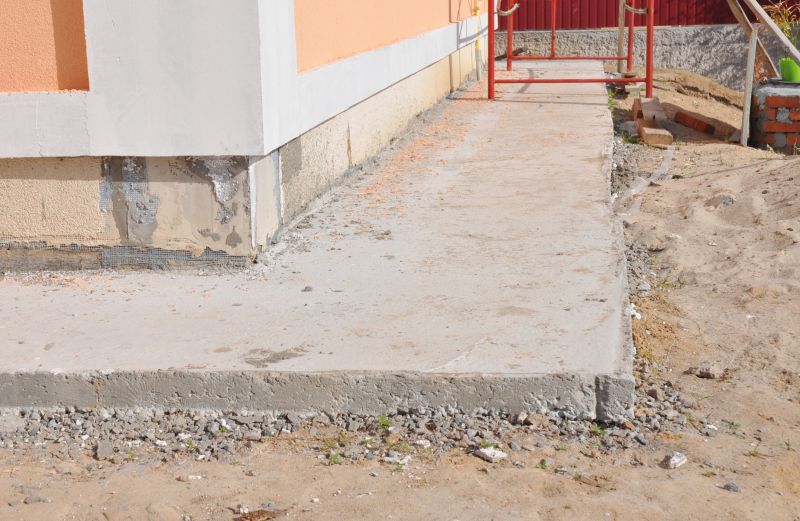
Popular materials for Foundation Repairs and why they hold up over time.
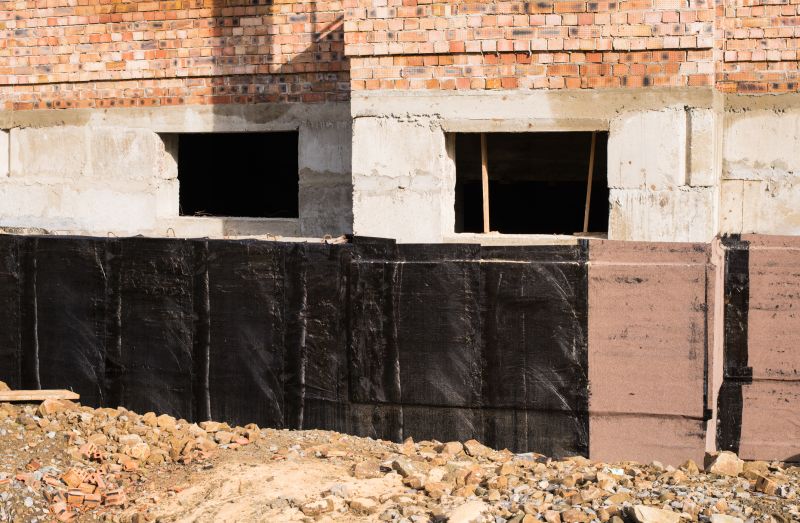
Simple add-ons that improve Foundation Repairs without blowing the budget.
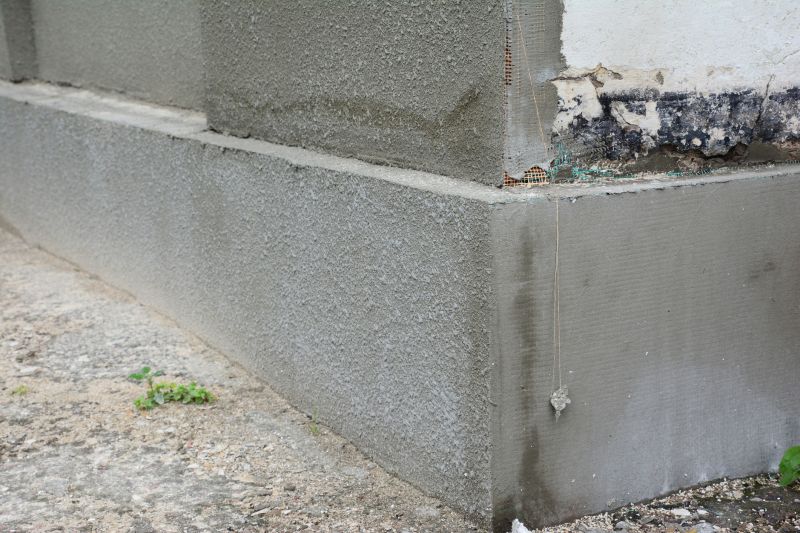
High-end options that actually feel worth it for Foundation Repairs.
Foundation repairs are essential for maintaining the structural integrity of a building. They address issues like cracks, uneven settling, and shifting that can compromise safety and property value. Timely repairs prevent further deterioration and costly future fixes. The process often involves soil analysis, underpinning, piering, and stabilization techniques tailored to specific foundation types and damage severity.
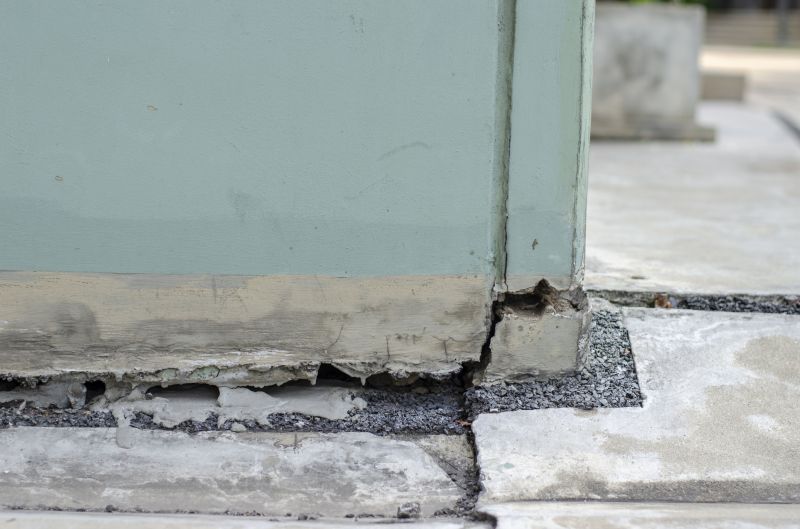
Image showing foundation stabilization results.
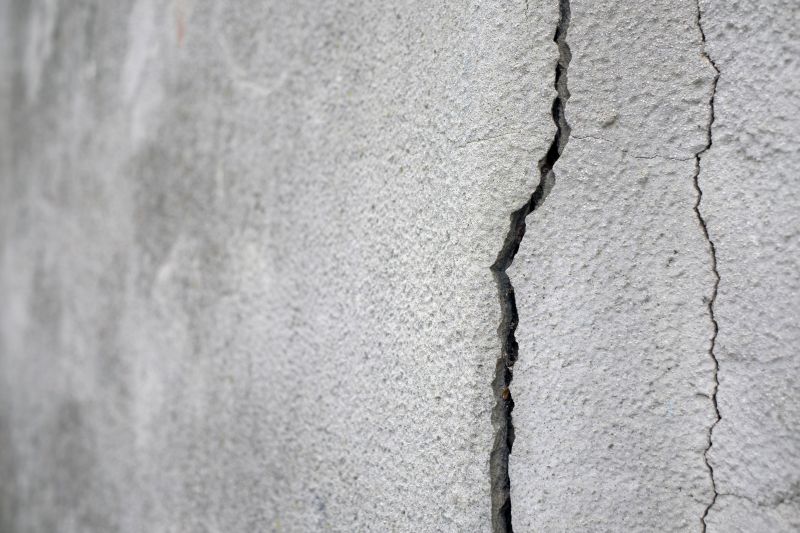
Close-up image of foundation cracks.
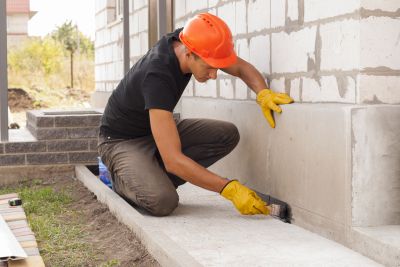
Photo of technicians performing foundation work.
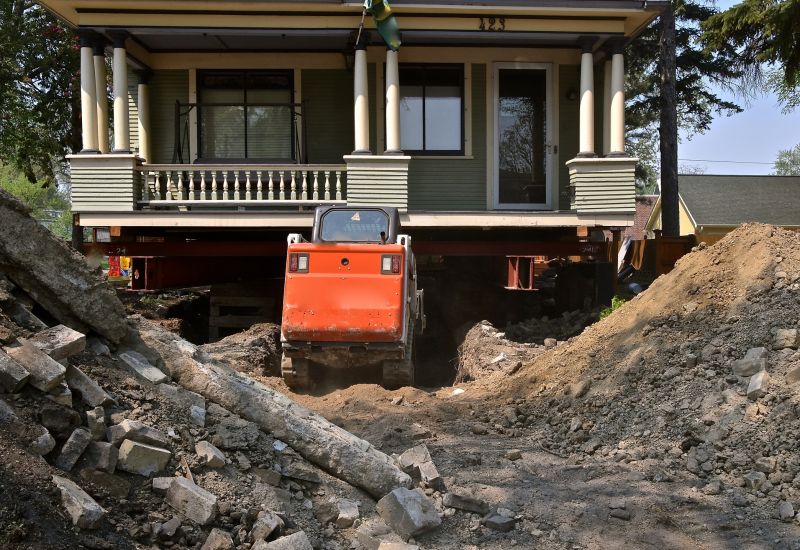
Image of foundation repair equipment in use.
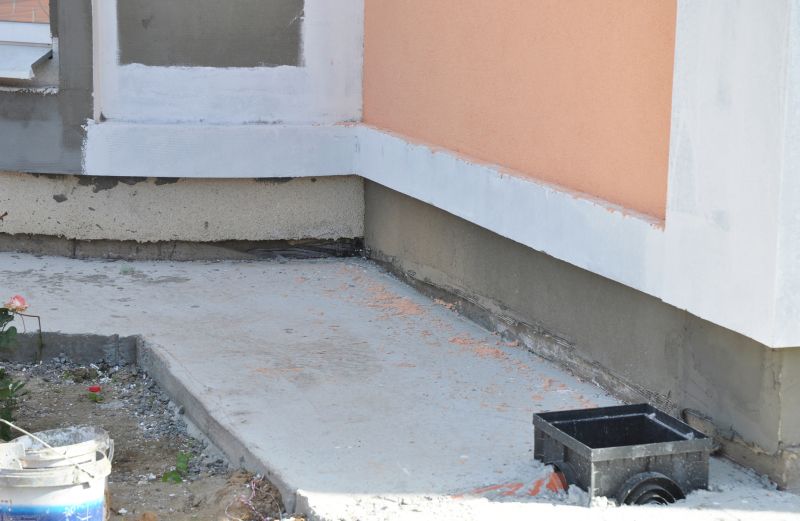
Finishes and colors that play nicely with Foundation Repairs.
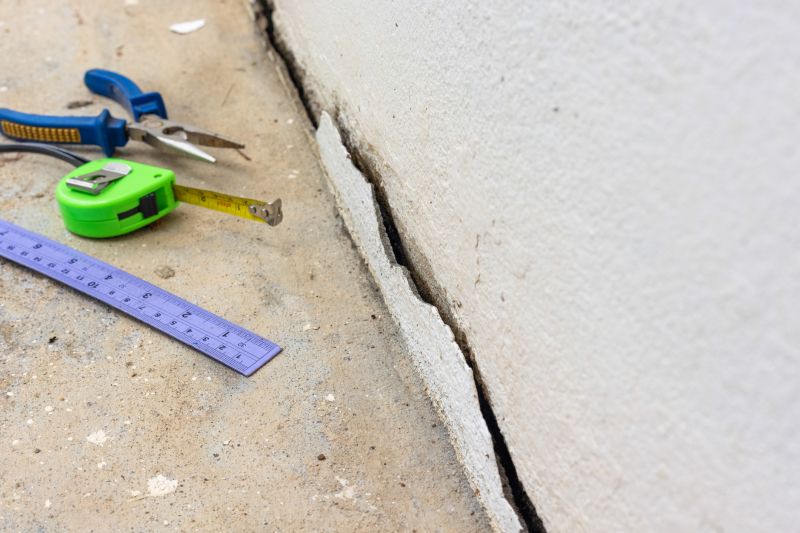
Little measurements that prevent headaches on Foundation Repairs day.
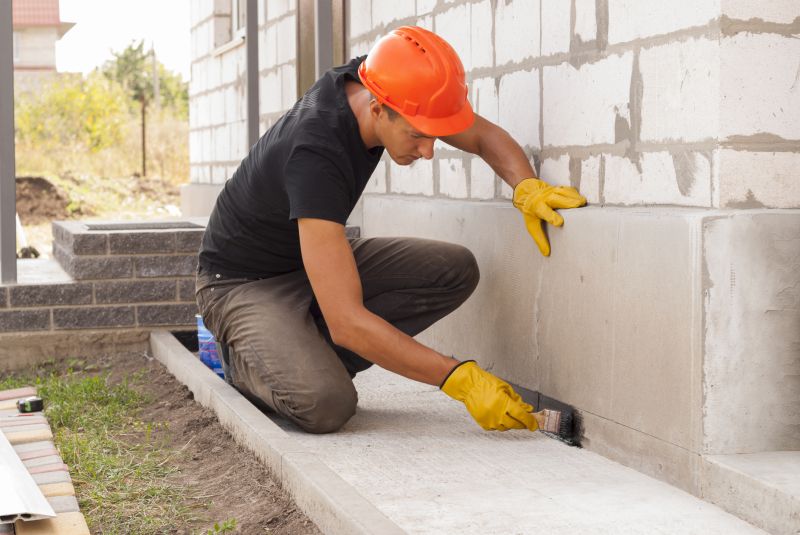
A 60-second routine that keeps Foundation Repairs looking new.
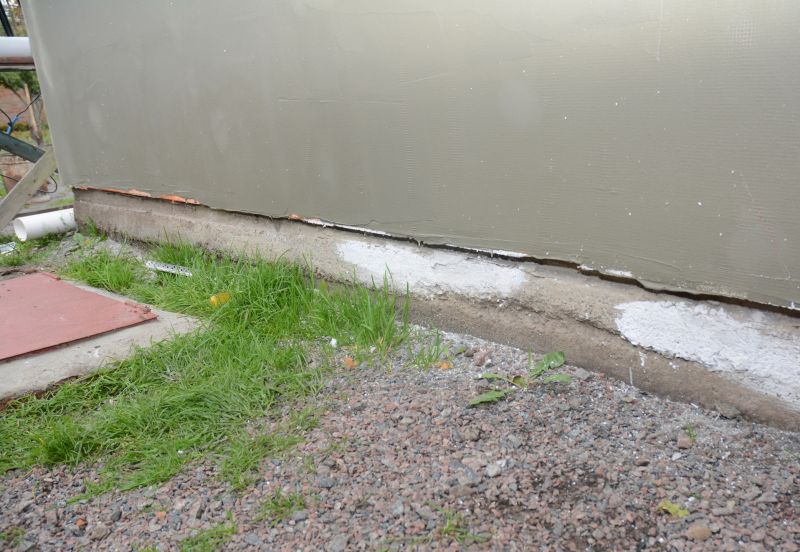
A frequent mistake in Foundation Repairs and how to dodge it.
| Season | Suitability for Foundation Repairs |
|---|---|
| Spring | Good, but watch for heavy rains |
| Summer | Possible, with caution due to heat |
| Fall | Ideal, before winter conditions set in |
| Winter | Less suitable due to cold and freezing temperatures |
Understanding the optimal timing for foundation repairs can help ensure the longevity and effectiveness of the work. Proper planning during favorable seasons minimizes complications related to soil moisture and temperature fluctuations. Consulting with foundation specialists can provide guidance tailored to local climate conditions and specific property needs.
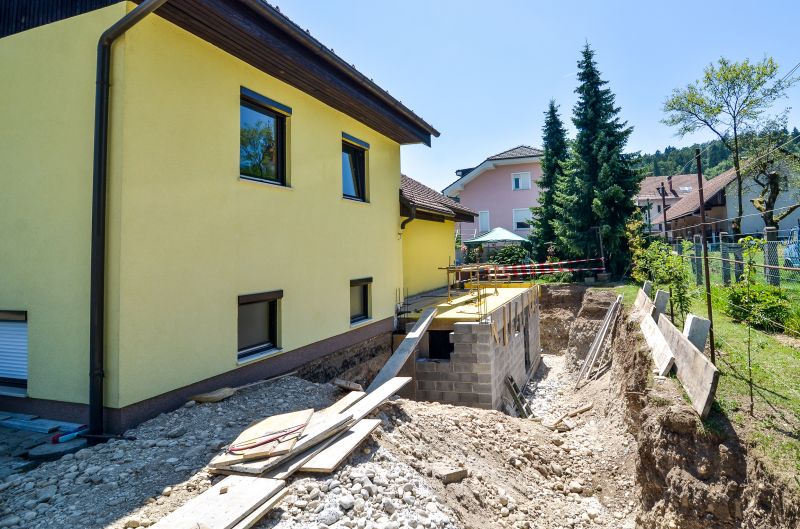
Image of a professional inspecting a foundation.
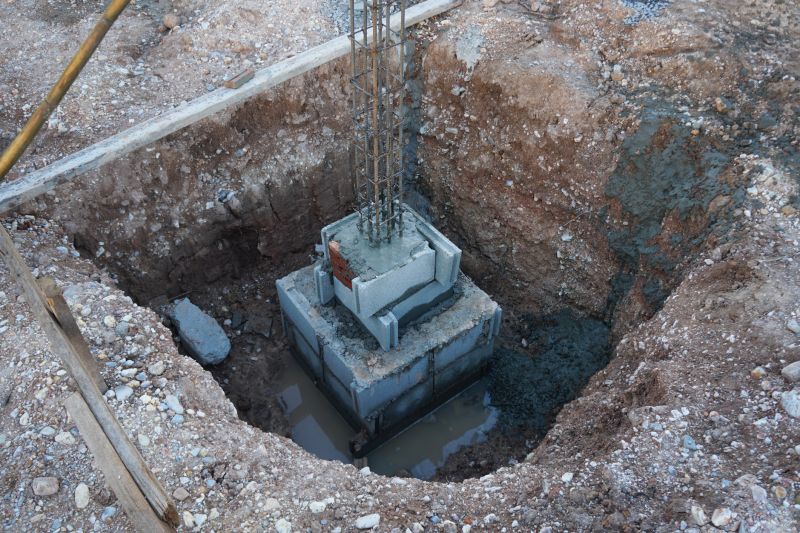
Diagram of foundation repair planning process.
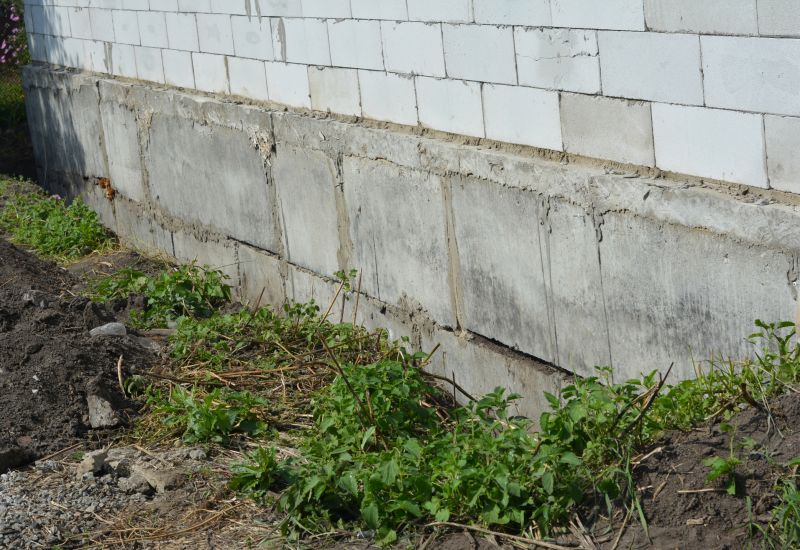
Image showcasing a finished foundation stabilization.
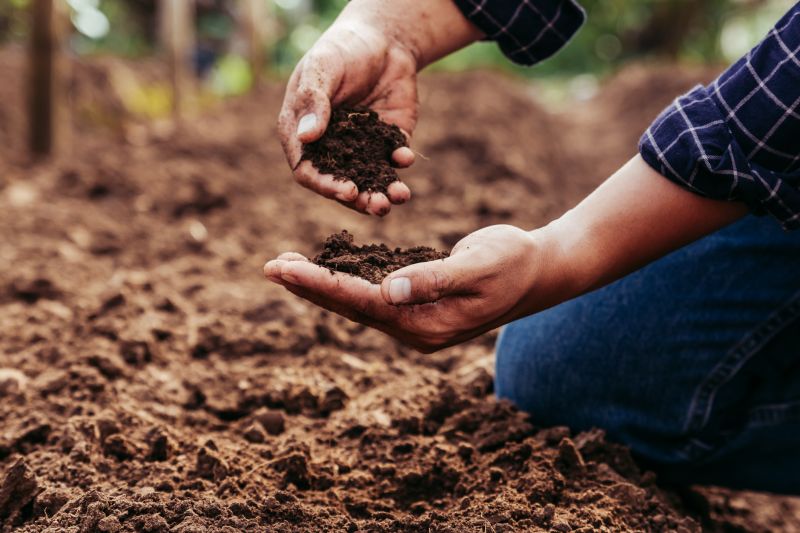
Photo of soil testing equipment.

Small tweaks to make Foundation Repairs safer and easier to use.
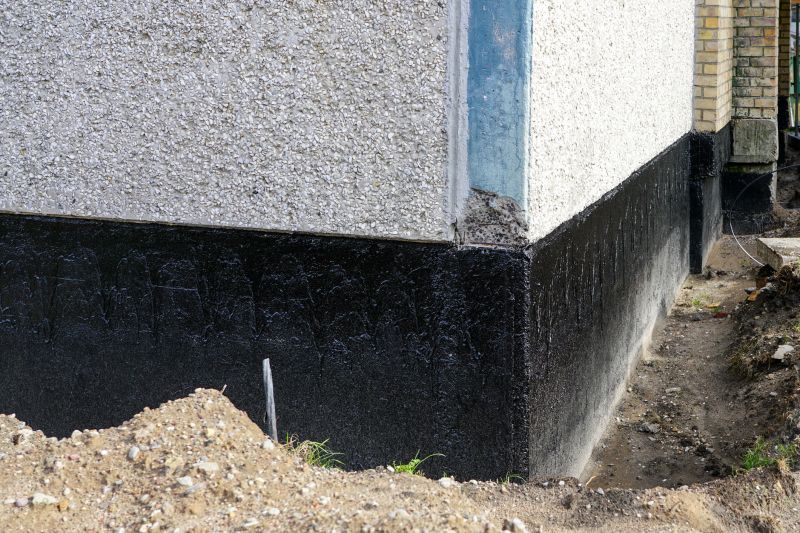
Lower-waste or water-saving choices for Foundation Repairs.

The short, realistic tool list for quality Foundation Repairs.
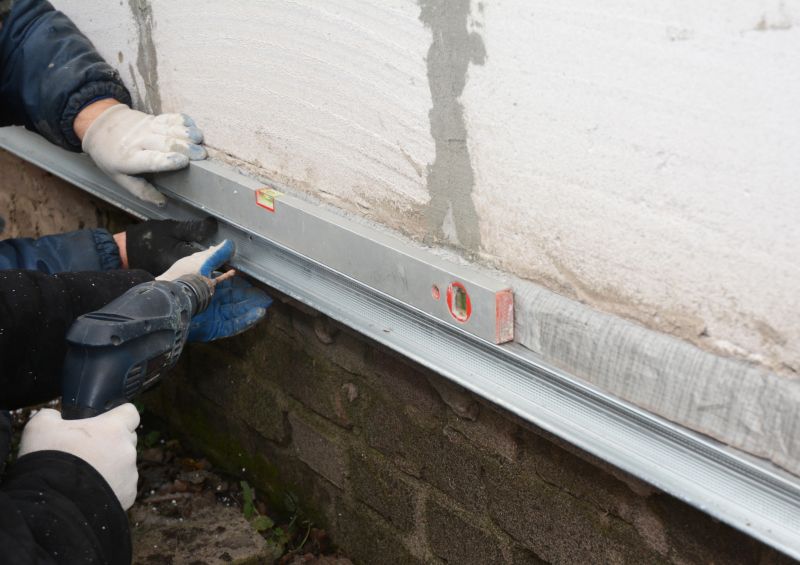
Rough timing from prep to clean-up for Foundation Repairs.
For those considering foundation repairs, it is advisable to contact specialists to evaluate the current condition and recommend the best time for intervention. Proper timing and professional execution are key to preserving the structural integrity and value of the property.
